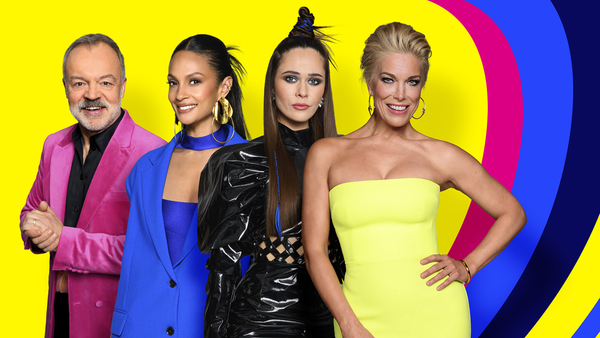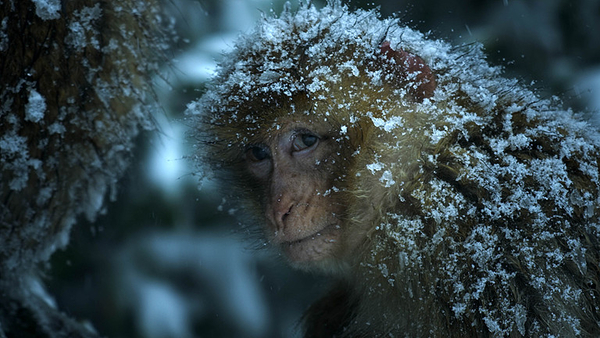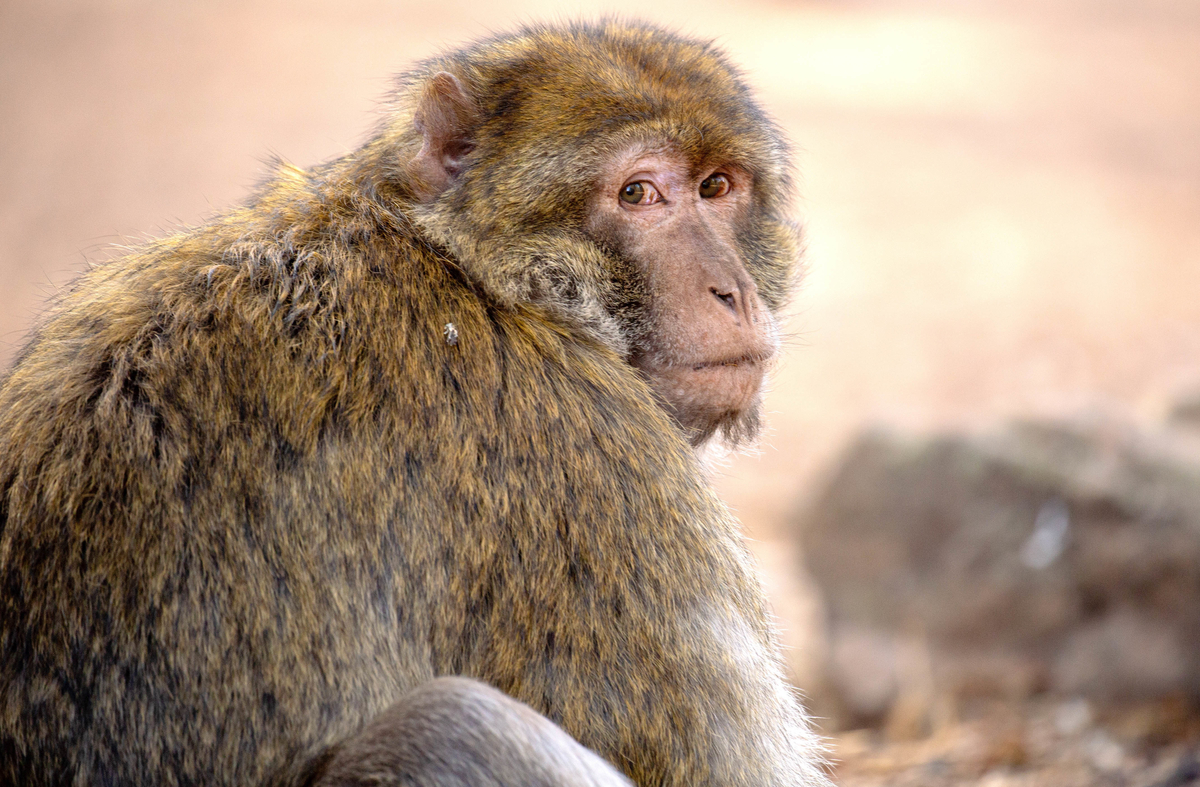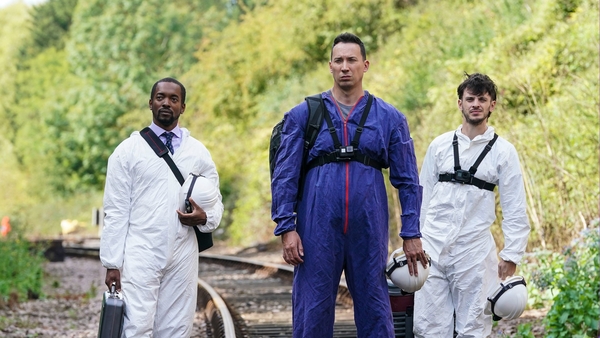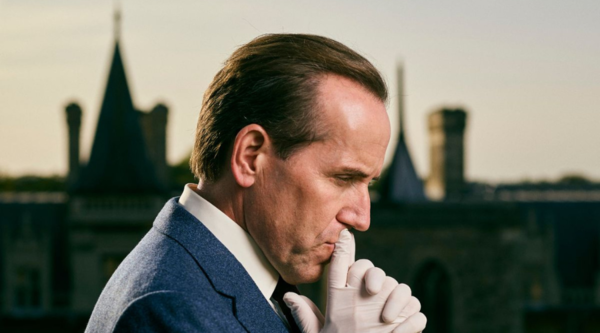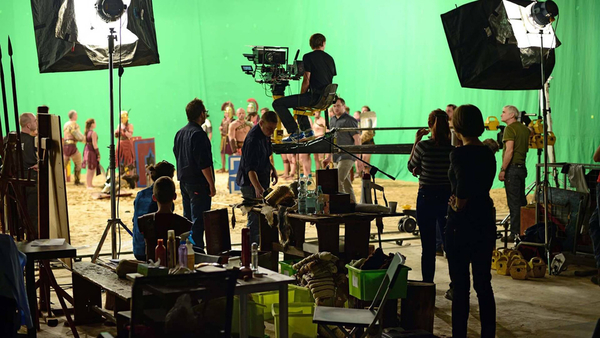BBC Studios and PBS: A marriage built to last
In television, co-production deals come and go. Sometimes they turn sour as the conflicting demands of both parties lead to endless compromise or messy divorces. One of the most enduring - and productive - is the little-heralded partnership signed 10 years ago between BBC Studios and US public broadcaster PBS.


